Home>Gardening & Outdoor>Pool & Spa Care>How To Soften Water In A Hot Tub
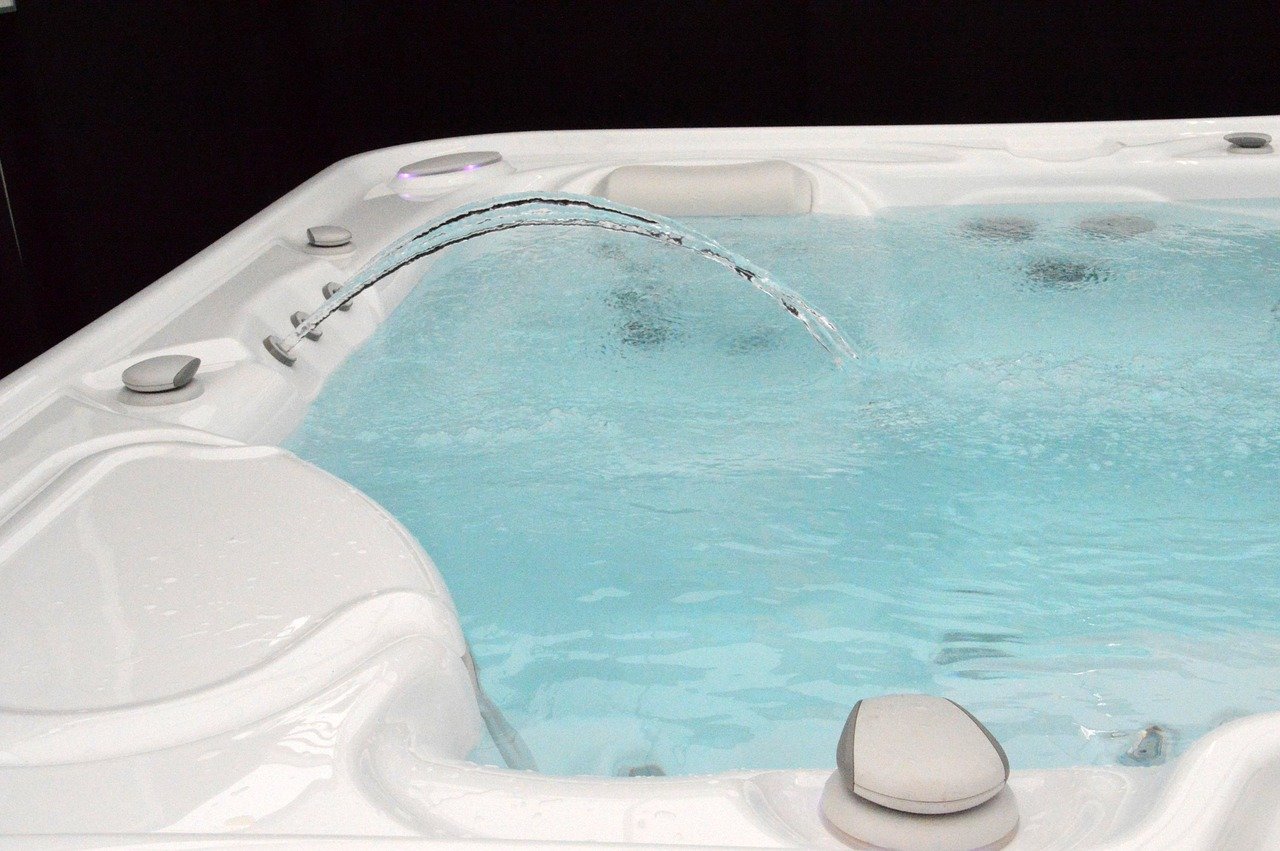

Pool & Spa Care
How To Soften Water In A Hot Tub
Modified: August 23, 2024
Learn how to soften water in your hot tub with our expert pool and spa care tips. Say goodbye to hard water issues and enjoy a more relaxing soak today!
(Many of the links in this article redirect to a specific reviewed product. Your purchase of these products through affiliate links helps to generate commission for Storables.com, at no extra cost. Learn more)
Introduction
Welcome to the world of hot tub relaxation and rejuvenation! If you’re a proud hot tub owner, you understand the bliss of soaking in warm, bubbling water after a long day. However, maintaining your hot tub involves more than just keeping the water clean and the temperature comfortable. One crucial aspect of hot tub care involves managing the water’s mineral content, particularly its hardness.
Hard water, which contains high levels of minerals like calcium and magnesium, can pose challenges for hot tub owners. It can lead to various issues, including scale buildup, cloudy water, and potential damage to the hot tub’s components. Therefore, it’s essential to understand the impact of hard water and learn the best methods to soften the water in your hot tub.
In this comprehensive guide, we’ll explore the concept of hard water, its effects on hot tubs, and effective strategies for softening the water. By the end of this journey, you’ll be equipped with the knowledge and expertise to maintain a harmonious and enjoyable hot tub experience for years to come.
Key Takeaways:
- Say goodbye to scale buildup and cloudy water in your hot tub by using water softening agents, advanced filtration systems, and regular water testing to combat the effects of hard water.
- Keep your hot tub pristine and inviting by learning how to soften its water. Use methods like reverse osmosis treatment and dilution with soft water to maintain a clean and enjoyable bathing environment.
Read also: 15 Best Hot Tub Water Softener For 2025
Understanding Hard Water
Before delving into the specifics of softening water in a hot tub, it’s important to grasp the concept of hard water. Hard water is characterized by high mineral content, primarily consisting of calcium and magnesium ions. These minerals dissolve in the water as it percolates through rock and soil, eventually finding their way into residential water supplies.
When hard water is heated, such as in a hot tub, the minerals can form insoluble deposits, commonly known as scale. This scale can accumulate on the hot tub’s surfaces, including the walls, plumbing, and heating elements. Over time, the buildup can hinder the hot tub’s functionality and diminish its aesthetic appeal.
Aside from causing scale, hard water can also make it challenging to maintain the water’s chemical balance. The minerals in hard water can interfere with the effectiveness of sanitizers and other water treatment products, potentially leading to cloudy or unhygienic water conditions.
Testing the hardness of your hot tub water is a straightforward process that involves using a water testing kit. This kit typically includes strips or a liquid reagent to measure the water’s mineral content. Once you have determined the hardness level, you can proceed to address any issues related to hard water.
Effects of Hard Water in a Hot Tub
The presence of hard water in a hot tub can have several adverse effects, impacting both the tub itself and the overall bathing experience. Understanding these effects is crucial for maintaining the functionality and longevity of your hot tub.
- Scale Buildup: When hard water is heated, the minerals it contains can precipitate out of the water and form scale on the hot tub’s surfaces. This unsightly buildup can accumulate on the walls, plumbing, and heating elements, potentially leading to reduced water flow and diminished heating efficiency.
- Cloudy Water: Hard water can contribute to cloudy or turbid water conditions in a hot tub. The minerals in the water may react with other substances, leading to suspended particles that make the water appear hazy. This can detract from the visual appeal of the hot tub and indicate imbalanced water chemistry.
- Chemical Imbalance: The presence of high mineral content in hard water can interfere with the effectiveness of water treatment chemicals, such as sanitizers and pH adjusters. This can make it challenging to maintain proper water chemistry, potentially leading to inadequate sanitation and the growth of algae or bacteria.
- Erosion and Corrosion: Over time, the presence of hard water can contribute to erosion and corrosion of the hot tub’s components, including metal fixtures, pumps, and heating elements. This can lead to premature wear and tear, necessitating costly repairs or replacements.
By recognizing these effects, hot tub owners can take proactive measures to address the challenges associated with hard water, ultimately preserving the integrity of their hot tub and ensuring a more enjoyable bathing experience.
Methods to Soften Water in a Hot Tub
Softening the water in your hot tub is essential for maintaining water clarity, preventing scale buildup, and prolonging the lifespan of your hot tub’s components. Fortunately, several effective methods can help reduce the hardness of the water, ensuring a more enjoyable and sustainable hot tub experience.
1. Water Softening Agents
Water softening agents, such as specialized hot tub products or additives, are designed to bind with the minerals in hard water, preventing them from forming scale or interfering with water chemistry. These products are typically added directly to the hot tub water and work to sequester the minerals, keeping them in suspension and minimizing their adverse effects.
Read more: Why Is The Hot Tub Water Green
2. Filtration and Purification Systems
Installing advanced filtration and purification systems in your hot tub can help remove minerals and impurities, effectively reducing water hardness. High-quality filters, coupled with technologies like ozone or UV-C sanitation, can enhance water clarity and purity while mitigating the impact of hard water on the hot tub’s infrastructure.
3. Reverse Osmosis Treatment
For hot tubs with exceptionally hard water, considering a reverse osmosis (RO) treatment can be a viable solution. RO systems utilize a semipermeable membrane to remove a wide range of impurities, including minerals, from the water. This process results in significantly softened water, promoting a cleaner and more sustainable hot tub environment.
4. Dilution with Soft Water
If your hot tub’s water hardness is excessively high, diluting it with soft water can effectively lower the overall mineral content. Mixing hard water with water from a soft source, such as a garden hose connected to a residential water softener, can help achieve a more balanced water composition, reducing the impact of hardness-related issues.
5. Regular Water Testing and Maintenance
Consistent monitoring of your hot tub’s water chemistry, including hardness levels, is essential for proactive maintenance. By conducting regular water tests and adjusting the treatment regimen as needed, you can effectively manage water hardness and mitigate its potential effects on your hot tub.
By implementing these methods, hot tub owners can effectively combat the challenges posed by hard water, ensuring a pristine and inviting bathing environment for themselves and their guests.
Read more: How To Pump Water Out Of Hot Tub
Conclusion
As a hot tub enthusiast, you now possess a deeper understanding of the impact of hard water on your beloved relaxation oasis. By recognizing the effects of hard water and learning effective methods to soften the water in your hot tub, you are empowered to proactively maintain a clean, inviting, and long-lasting hot tub environment.
It’s important to remember that water softening is not only about preserving the aesthetics of your hot tub; it’s also about safeguarding its functionality and longevity. By addressing water hardness, you can minimize scale buildup, prevent cloudy water, and maintain optimal water chemistry, ultimately extending the lifespan of your hot tub’s components and systems.
Whether you opt for water softening agents, advanced filtration systems, reverse osmosis treatments, or a combination of approaches, the key is to prioritize consistent water testing and maintenance. By staying attuned to your hot tub’s water chemistry and taking proactive measures to manage water hardness, you can ensure a consistently enjoyable and rejuvenating hot tub experience.
So, as you continue to indulge in the soothing embrace of your hot tub, take pride in your newfound knowledge of water softening. By nurturing your hot tub with care and attention, you can savor countless moments of relaxation and create lasting memories in your personal aquatic haven.
Here’s to many more tranquil soaks and delightful gatherings in your beautifully maintained hot tub!
Frequently Asked Questions about How To Soften Water In A Hot Tub
Was this page helpful?
At Storables.com, we guarantee accurate and reliable information. Our content, validated by Expert Board Contributors, is crafted following stringent Editorial Policies. We're committed to providing you with well-researched, expert-backed insights for all your informational needs.
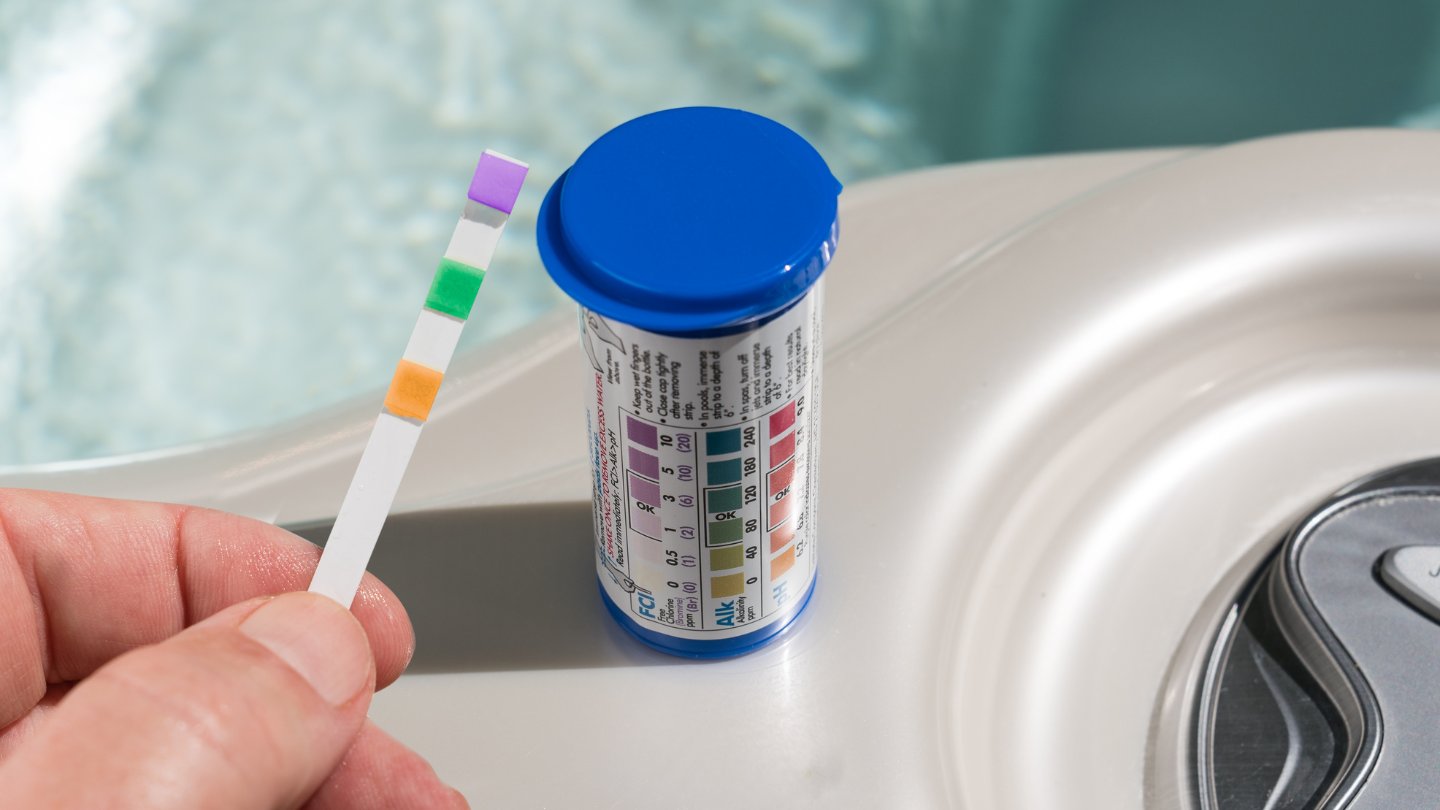
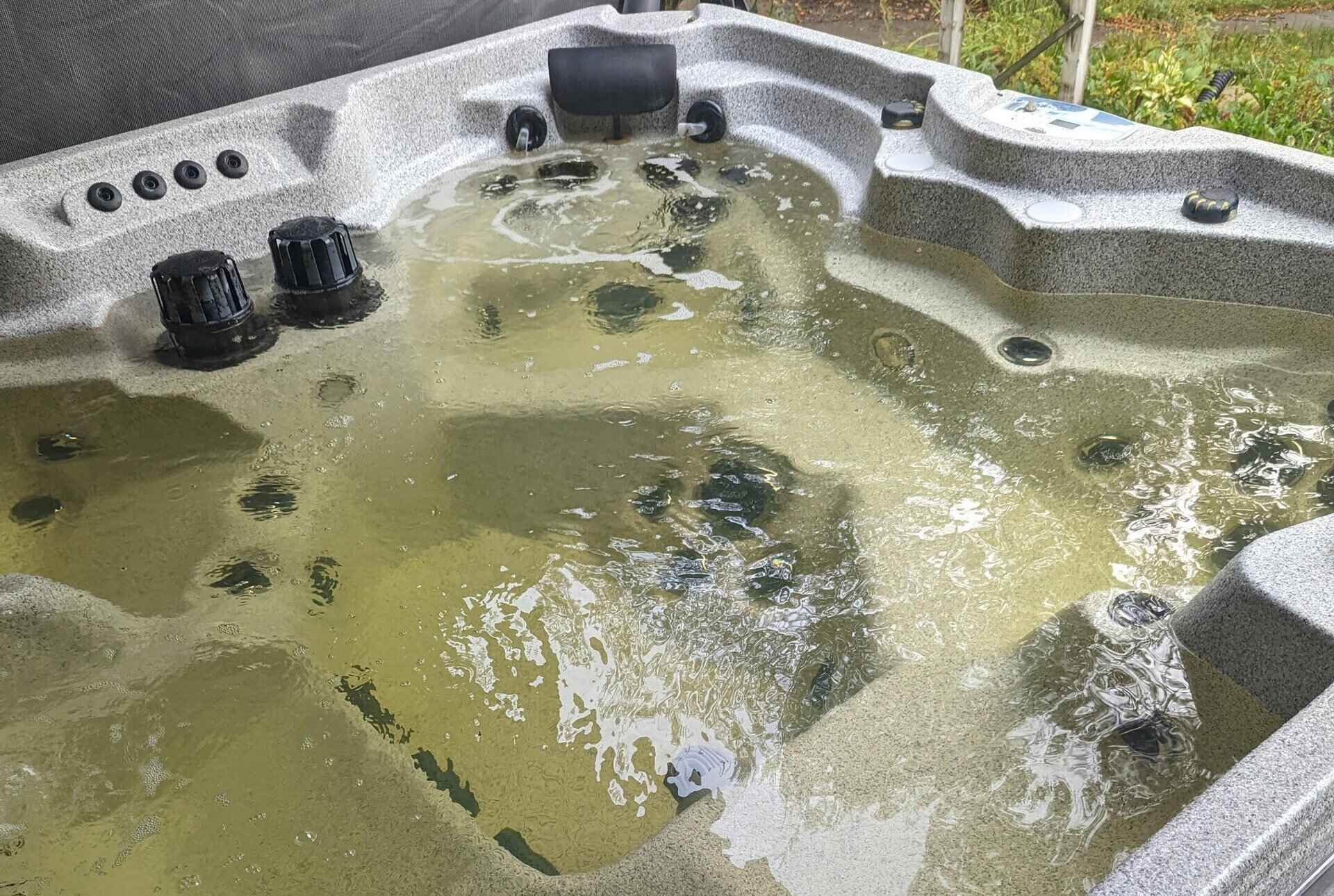
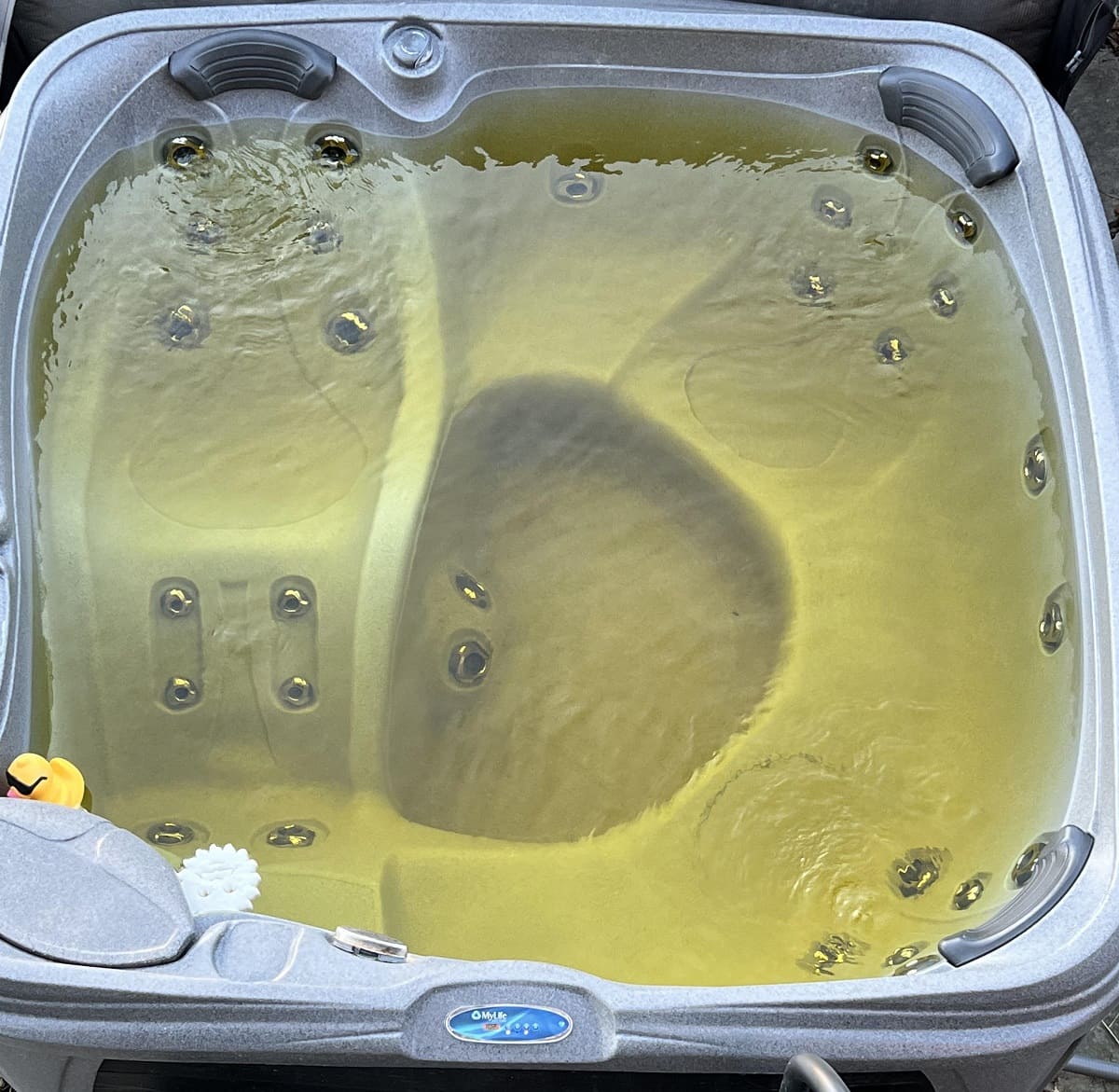
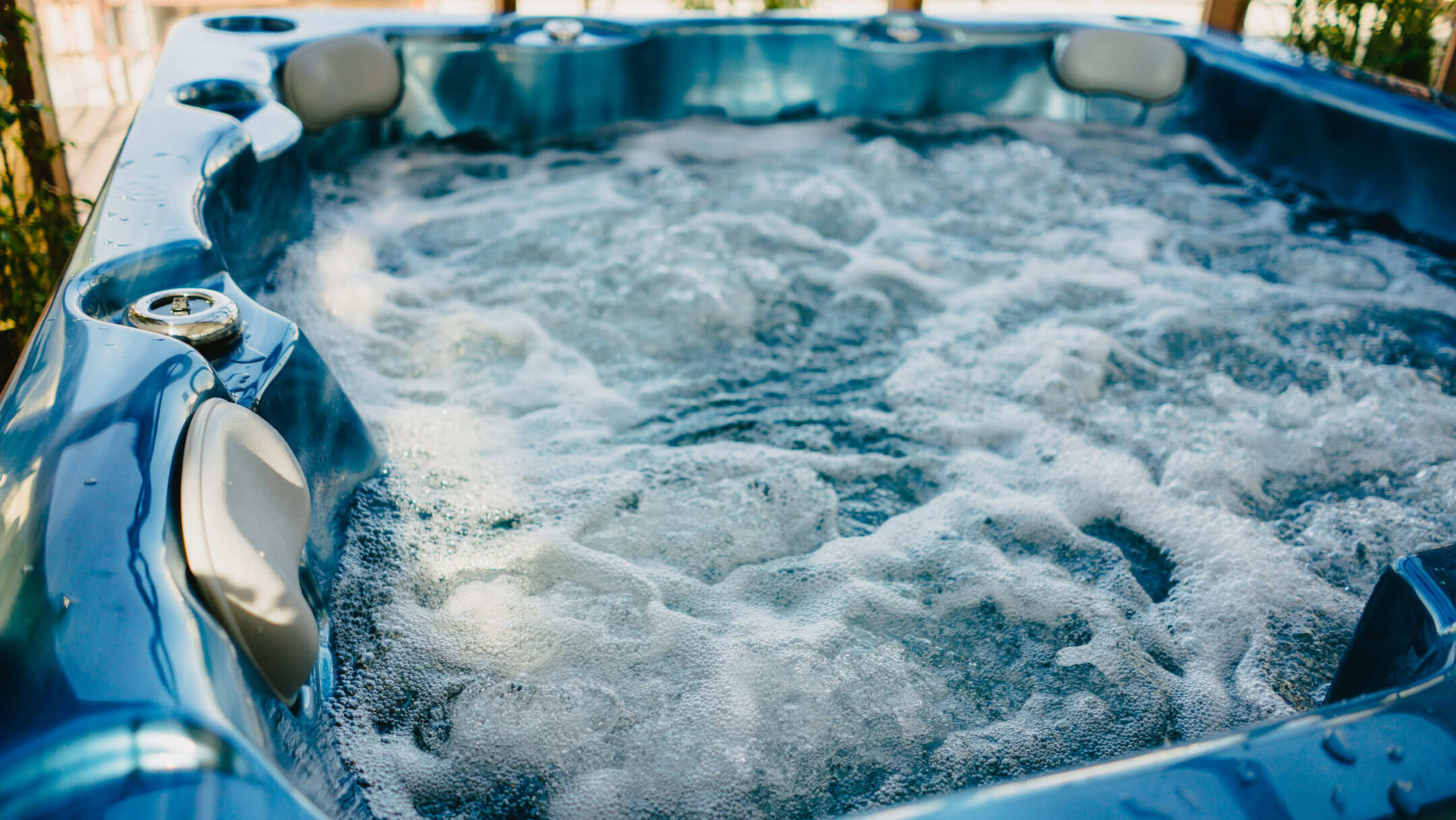
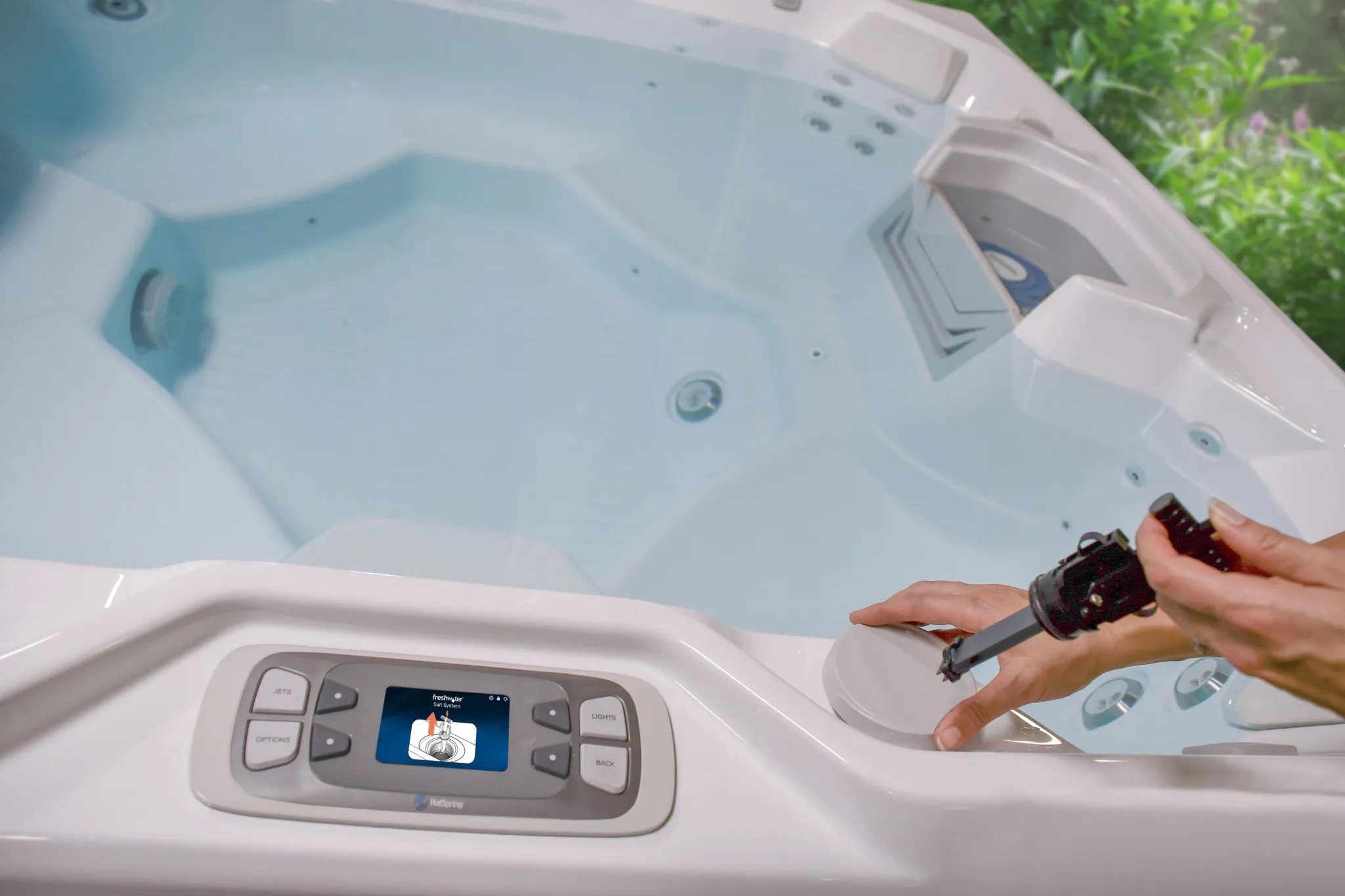
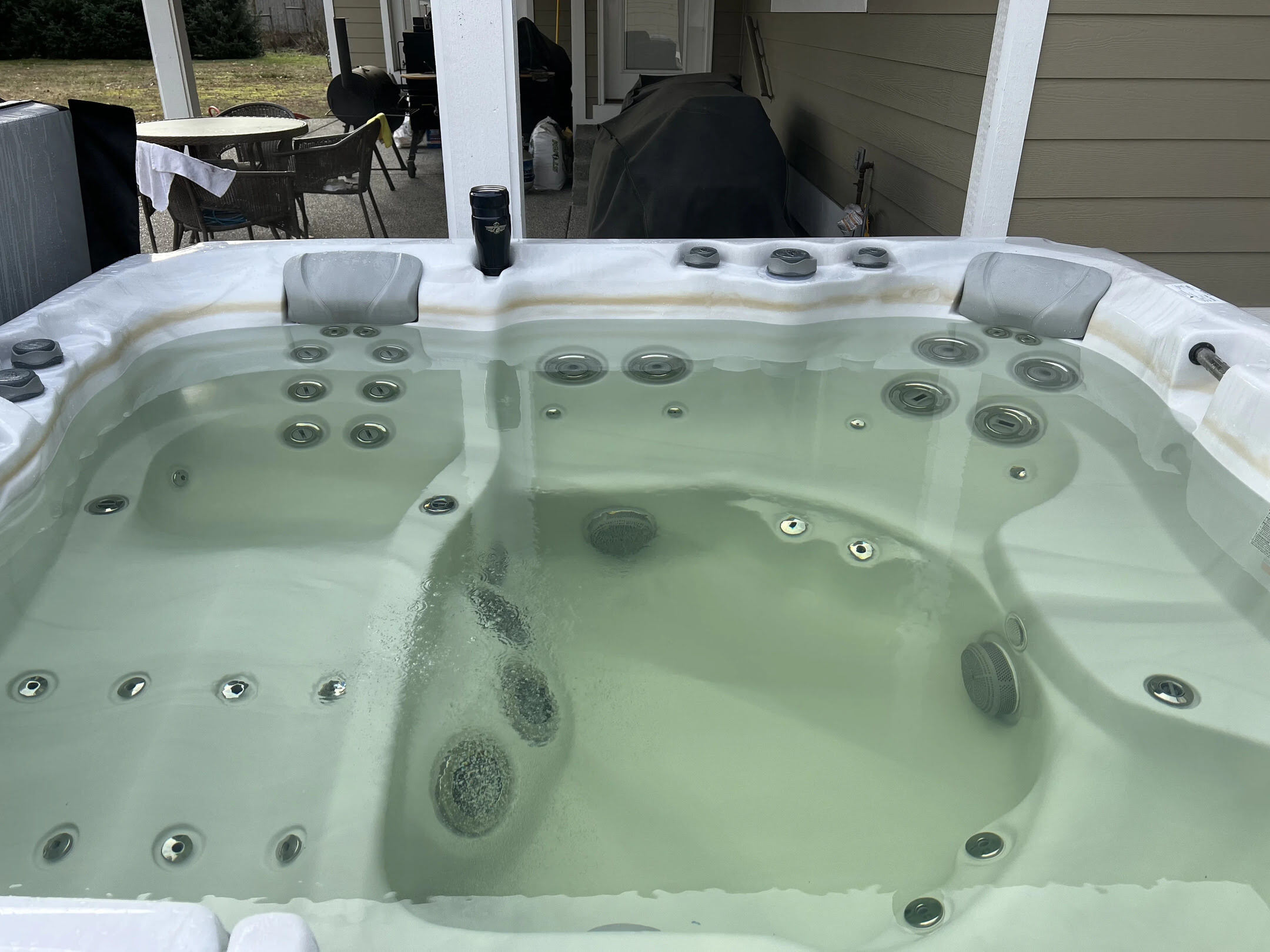
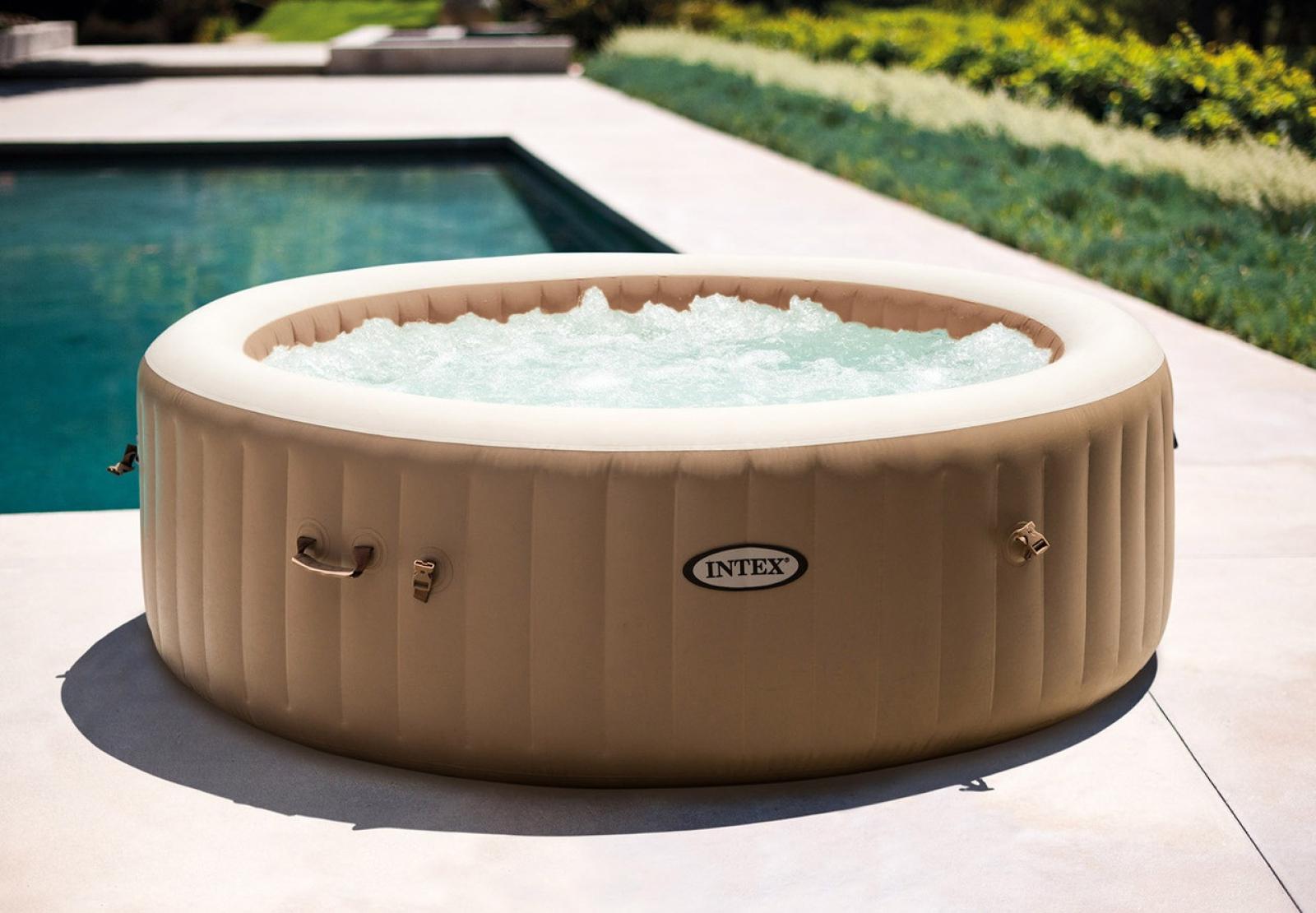
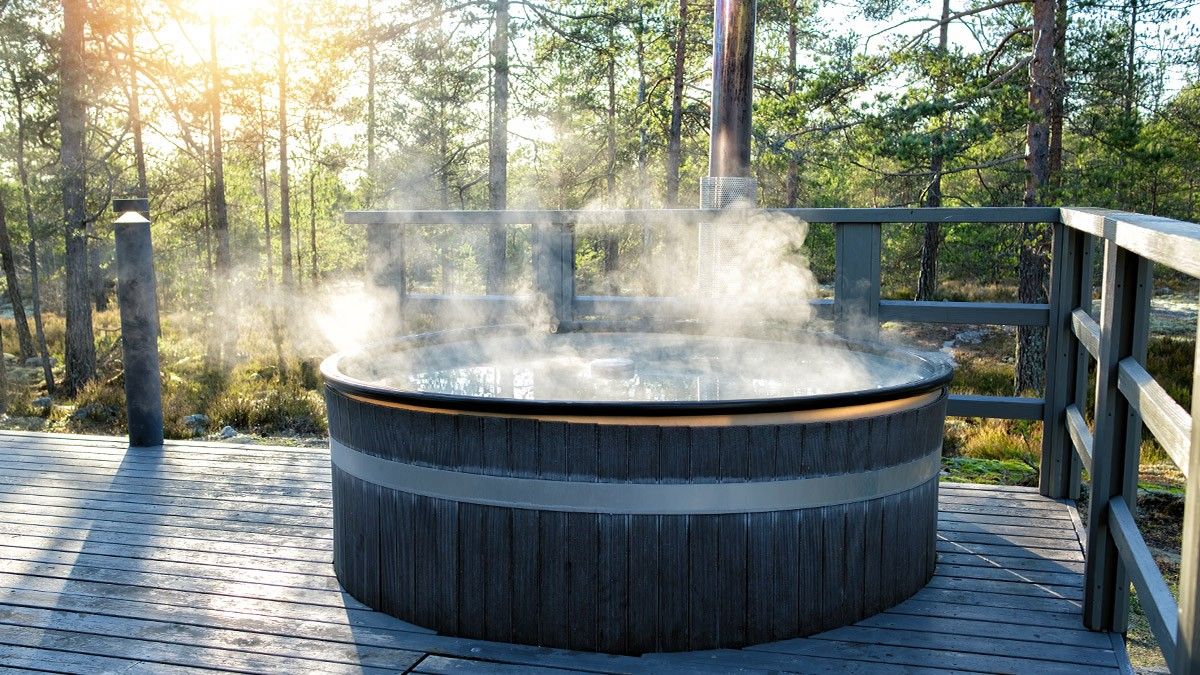
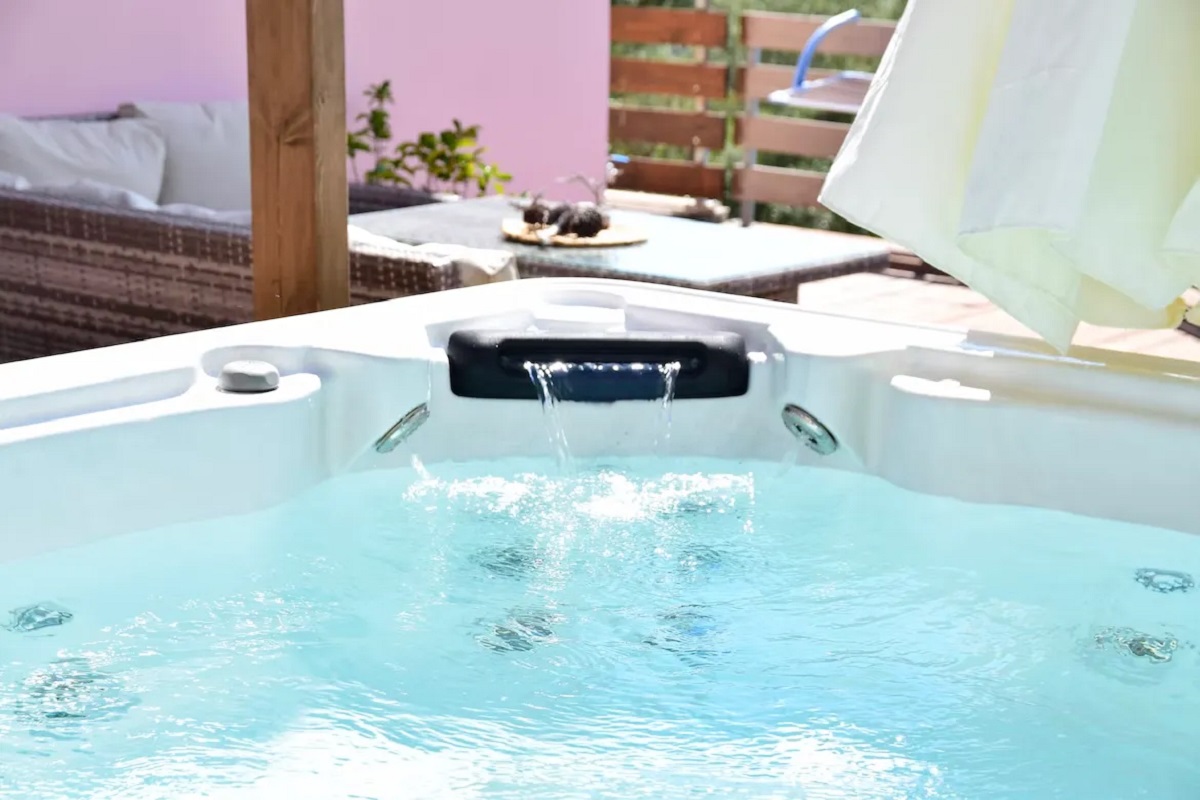
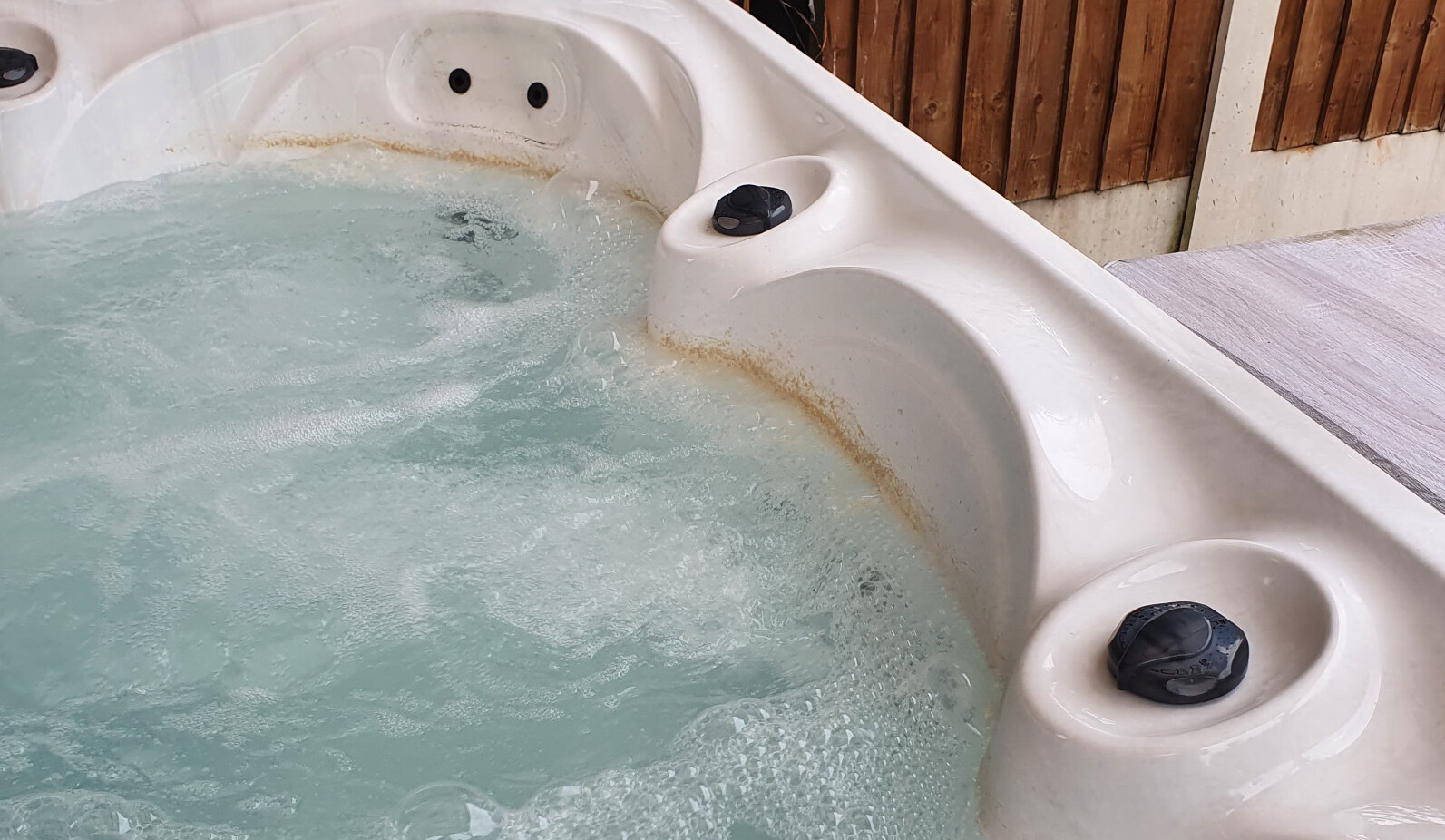
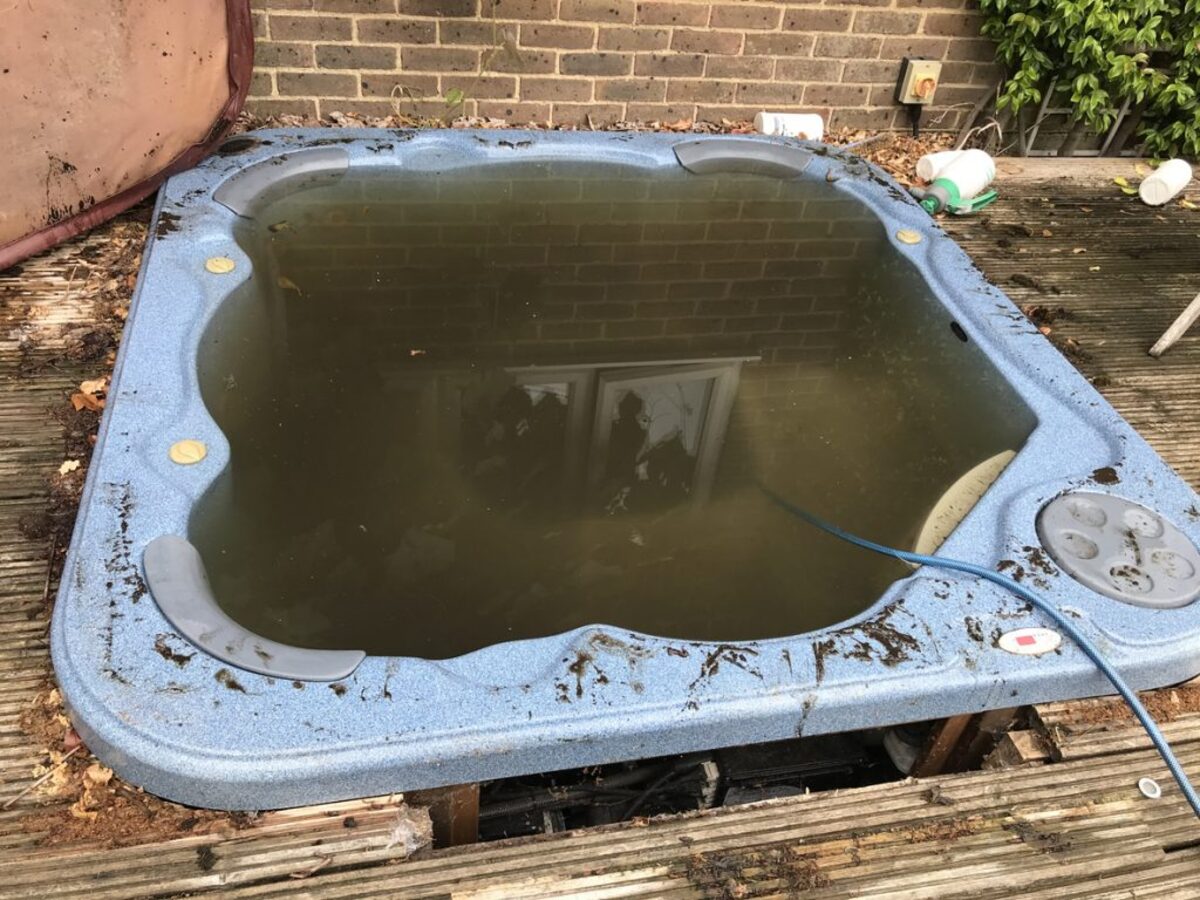
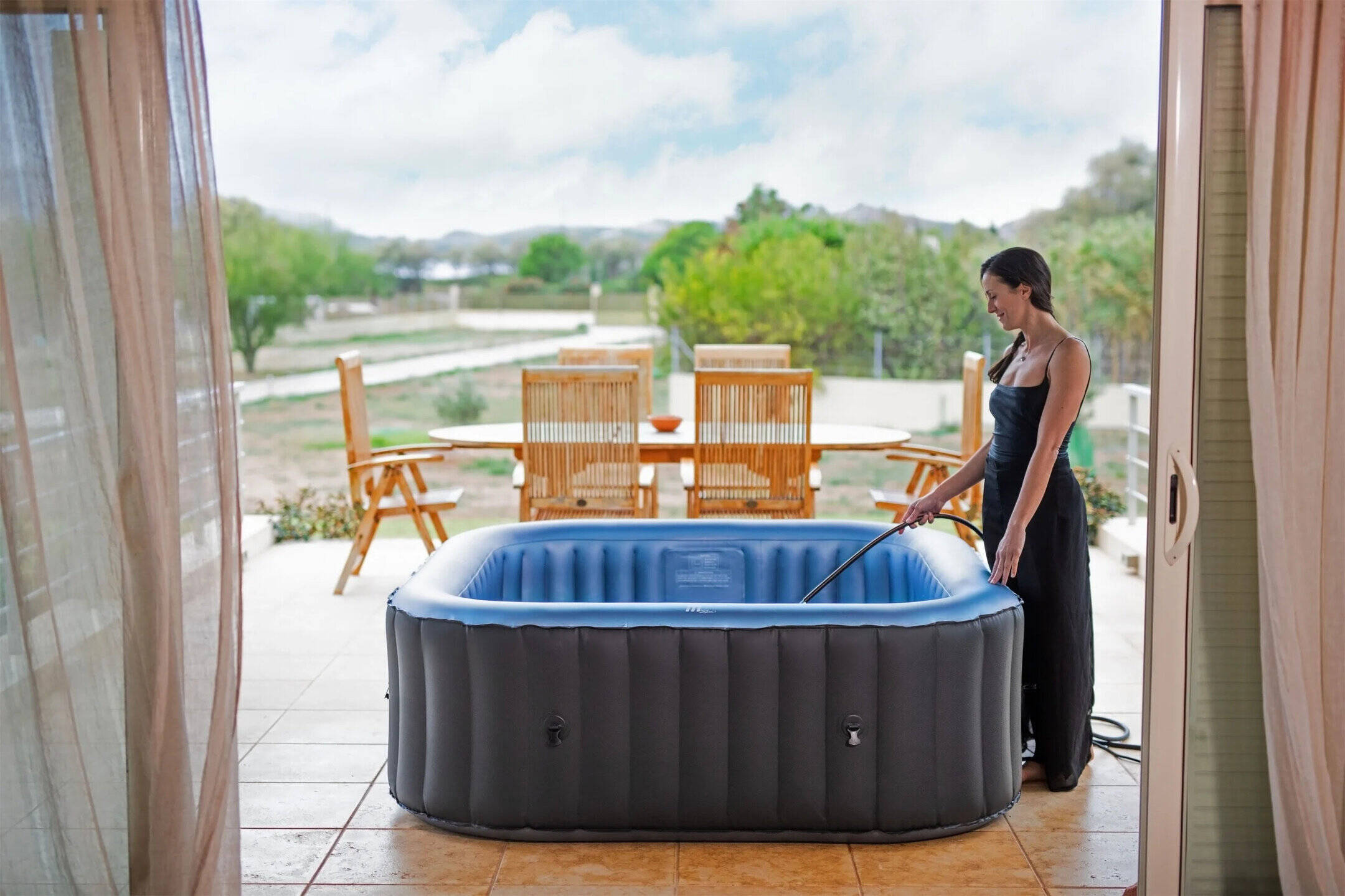
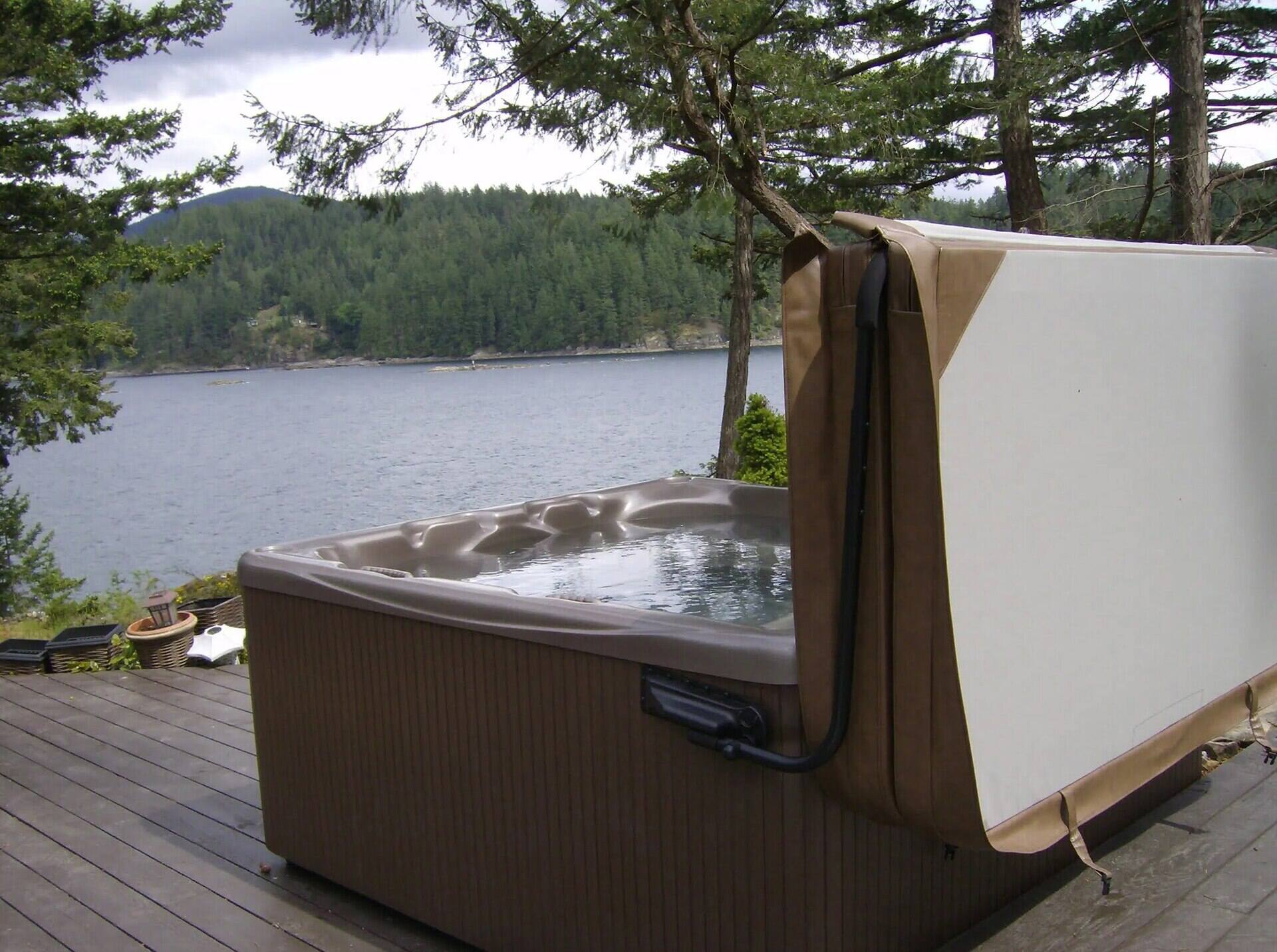

0 thoughts on “How To Soften Water In A Hot Tub”